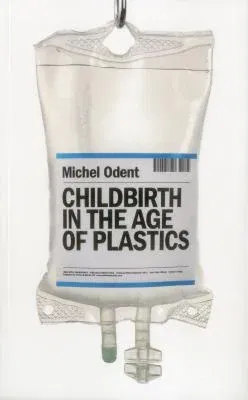Since the middle of the twentieth century, the development of plastics
has been one of the main factors influencing the history of medicine.
For example, an anaesthesiologist was formerly an expert in delivering
drugs by inhalation. Today, this expert delivers drugs through plastic
catheters, in particular via intravenous and epidural routes.
Traditionally, the scalpel was the symbol of surgery. Today, surgeons
operate on internal organs with flexible plastic endoscopes - without
cutting the skin. A typical modern woman in labour has one of her arms
connected to a plastic bag through a plastic tube, while a plastic
catheter is inserted in the epidural space in her spine. Focusing on
obstetrics, this first book about the history of medicine in relation to
the plastic revolution asks vital questions about childbirth today - and
tomorrow - and demonstrates that the current turning point in the
history of childbirth is also a turning point in the history of
humanity. Introduced as a medical student to the surgical unit of a
Paris hospital in 1949, and still involved in several fields of
medicine, Michel Odent has the authority to study contemporary history
from this new perspective.

